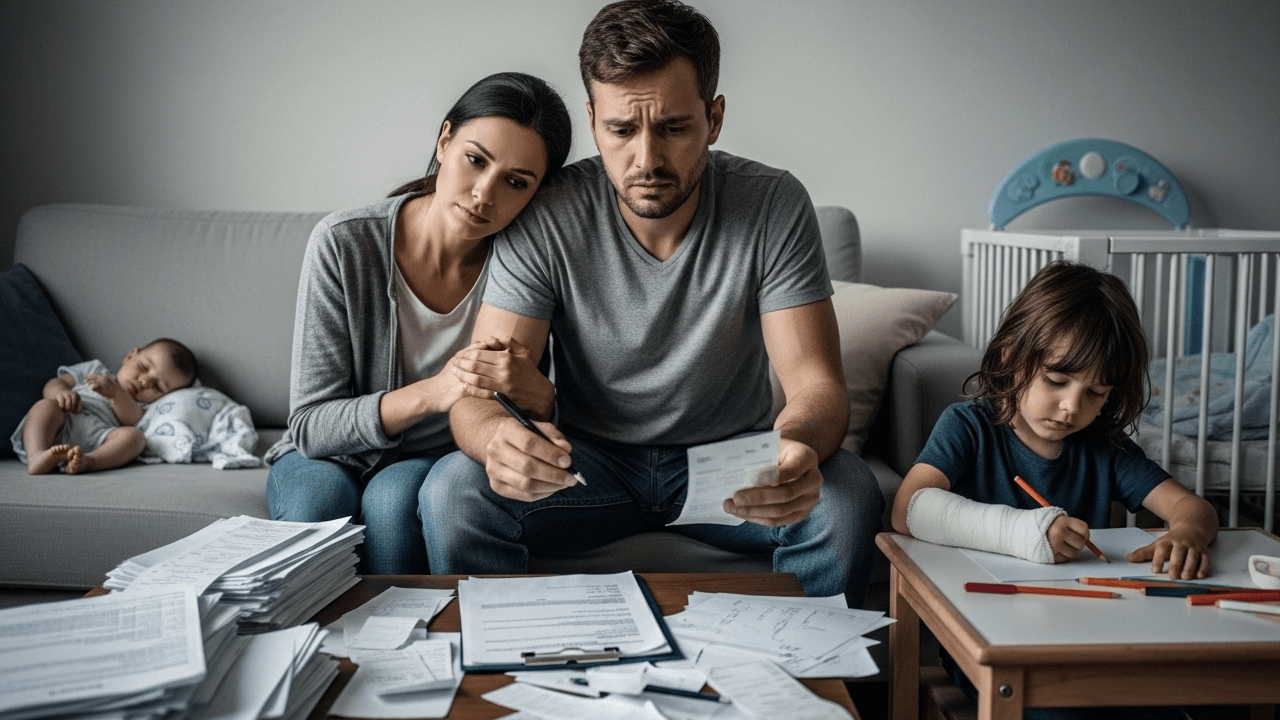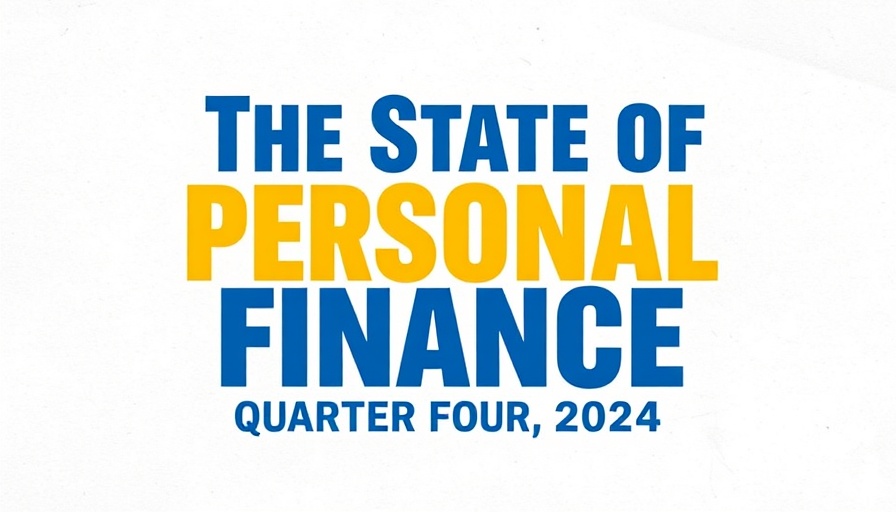
The Urgency of Financial Literacy in America
The urgent need for improved financial literacy among Americans is highlighted in the recent "Financial Literacy Crisis in America: 2025 Report." With 87% of U.S. adults stating that high school left them unprepared for managing money, it’s clear that many people struggle with financial decision-making well into adulthood. The implications of this crisis are serious; nearly one in three adults experience significant stress directly tied to their financial situations.
Education Initiatives Fail to Meet Modern Needs
Traditional education has long prioritized subjects like math and science, often neglecting personal finance. The report reveals how this lack of emphasis has lasting repercussions. A staggering 73% of adults wish they had been exposed to personal finance education during their formative high school years. Despite a growing awareness of the importance of financial literacy, only 19% of adults reported having taken a personal finance course.
Connecting Stress and Financial Knowledge
Many individuals feel overwhelmed when faced with managing their expenses from college tuition, rent, groceries, and other necessities. The stress of uncertain financial management is an alarming statistic. According to the report, nearly 30% of respondents frequently ponder financial stress. Educators, policymakers, and communities must acknowledge this connection and recognize the disastrous effects a lack of financial education can have on mental wellness.
The Generational Divide in Financial Education
Among different generations, Gen Z stands out as the most likely cohort having taken a personal finance course in high school. This shift underscores the necessity of embedding financial literacy into curricula. Individuals who did partake in financial education were found to be five times more likely to feel adequately prepared to handle money post-graduation. This highlights the potential benefits of making personal finance a core component of high school education, not merely an elective.
Regrets that Shape Financial Futures
Reflecting on financial decisions leads to a wave of regret for many. Almost 80% of respondents agree that broader knowledge of personal finance would have better equipped them to handle their finances. They might have made fewer mistakes—decisions that echo throughout their financial lives.
Starting Early: The Case for Introducing Personal Finance Classes
Given the statistics, the push for personal finance education is garnering support across many states. Currently, only 25 states necessitate a personal finance course for graduation. Imagine the change if all states mandated such an essential life skill? Advocates are pushing for the inclusion of personal finance classes, emphasizing that an early focus could drastically shape future generations’ financial stability and confidence.
Actionable Insights for Parents and Educators
Parents and educators occupy a crucial space in fostering financial literacy. Starting a simple family budget can equip children with essential skills while demonstrating the real-world value of financial planning. Moreover, engaging them in decisions about household expenditures provides valuable lessons. Activities like instilling the principles of saving money or exploring opportunities for side hustles—whether through art, crafting, or technology—are just a few actionable steps.
Transforming the Future: The Benefits of Financial Literacy
Investing in financial education today ensures transformative benefits for tomorrow. Knowledge on budgeting, saving, and smart spending enables individuals to take control of their finances, easing stress and enhancing well-being. Empowering the next generation with financial savvy can set them on a path less laden with economic pitfalls.
In summary, the 2025 report highlights a significant gap in the current educational system regarding financial literacy. With money management skills being paramount in today's fast-paced economy, it's vital that educators, parents, and communities work together to ensure that personal finance becomes a staple in the curriculum. Everyone deserves to feel confident about their financial future. If you believe in the importance of financial literacy, advocate for change—start conversations in your community and reach out to education authorities.
 Add Row
Add Row  Add
Add 




Write A Comment